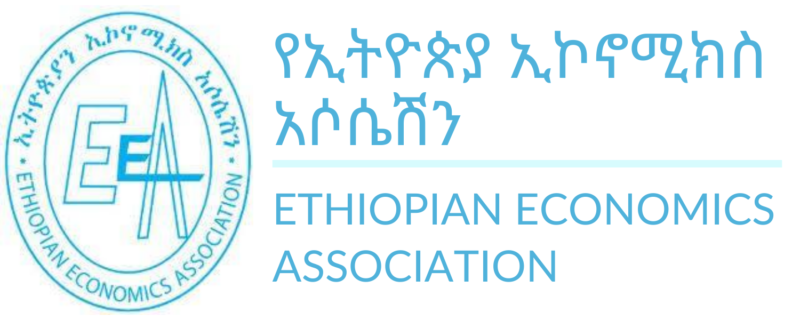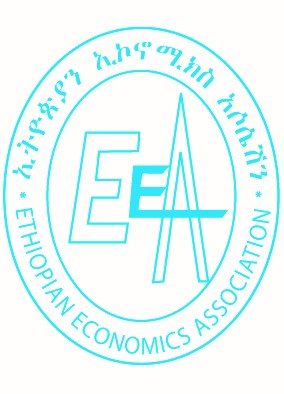The EEA is envisioned to become a premier economics association in Africa renowned for its evidence-based economic and policy research, membership services, and capacity building by 2030.
- Home
- Research
- Platforms
- Publications
- Projects
- Short Term Training
- Macro Economy and Policy
- Agricultural & Rural Transformation
- Gender & Women’s Economic Empowerment
- Trade and industrial Development
- Welfare and Human Development
- Environmental and Climate Change
- Research Methods and Applied Econometrics
- Analysis of Cross-sectional Data
- Sampling Design and Data Collection
- Qualitative Research Methode
- Grant Proposal Writing
- Research Proposal and Report Writing
- Survey Data Processing Software Application
- Applied Data Science with Python
- Financial Econometrics
- Applied Time Series and Panel Data Economics
- Applied Methods of Impact Evaluation
- Project, Finance, and Business Development
- Project Monitoring and Evaluation
- Applied Marketing Management
- Resource Mobilization, Tax Administration and Gap Estimation
- Corporate Finance and Governance
- Business Planning and Entrepreneurship
- Quantitative Methods in Banking and Finance
- Capital Market
- Finacial Risk Management
- Financial Technologies (FinTech)
- Resources
- IGA
- Network Members
- News

